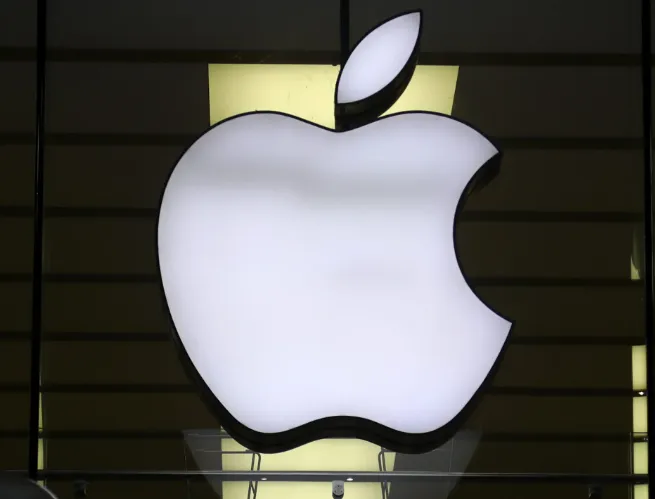Apple is facing a federal lawsuit from the U.S. Equal Employment Opportunity Commission (EEOC), which accuses the company of religious discrimination and retaliation. The complaint centers on a longtime Apple Genius employee at the Reston, Virginia store who worked at the company for 16 years and had a history of strong performance reviews.
Allegations of Religious Bias
According to the EEOC, the employee converted to Judaism in 2023 and requested schedule adjustments to observe Shabbat, which lasts from Friday evening through Saturday night. The request was reportedly denied by a new store manager, who cited company scheduling rules. Feeling pressured, the employee continued to work during Shabbat despite the conflict with his religious beliefs.
Disciplinary Actions and Termination
After asking for accommodations, the employee allegedly began receiving disciplinary notices tied to grooming policies. Later, when he reminded his supervisor about another upcoming religious holiday, Apple terminated his employment, again citing grooming-related issues. The EEOC contends these actions were directly tied to his requests for religious accommodation and his complaints of discrimination.
Under Title VII of the Civil Rights Act, employers are prohibited not only from discriminating on the basis of religion but also from retaliating against employees who raise such concerns. The lawsuit claims Apple violated both protections.
Broader Context of Workplace Concerns
This is not the first time Apple has faced scrutiny over its workplace practices. In 2022, a former patent attorney sued the company, alleging harassment and retaliation after reporting misconduct. A year earlier, the #AppleToo movement brought attention to employee concerns about pay inequity, sexism, and racism within the organization.
What This Means Going Forward
The case could have significant implications for how large corporations handle religious accommodations, particularly in retail settings where scheduling conflicts often arise. It also adds to the growing public conversation about corporate accountability and the responsibility of tech companies to foster inclusive and respectful workplaces.
As the case moves forward, it is likely to spark continued debate about employee rights, workplace fairness, and how companies balance operational policies with respect for religious and cultural practices.
